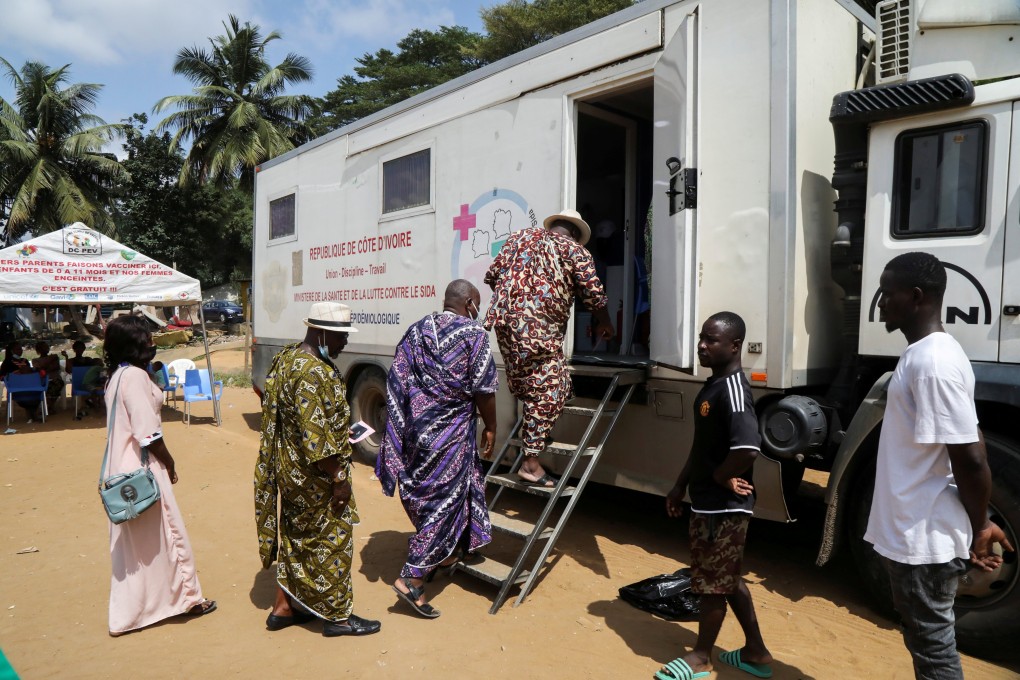Opinion | Covid-19 vaccine distribution failures show need for a binding global health accord
- The world needs a fully functioning global surveillance system, fast tracking and sharing of support in emergencies, and predictable finance
- Nothing illustrates this more clearly than our collective failure to equitably distribute vaccines – possibly the greatest public policy failure of our times

The damage from the pandemic has been so catastrophic that, when the World Health Assembly meets, starting on November 29, its task is nothing less than preventing such a tragedy from reoccurring. The pandemic has been so ruinous that we now need an internationally binding agreement to prevent future outbreaks from becoming pandemics.
A new agreement should be underpinned by a high-level commitment to health for all, grounded in equity and solidarity between nations. Not only should all people have fair access to what they need for their health, irrespective of their wealth or income, but the international community should ensure the equitable use and distribution of available medical resources.
Thanks to brilliant science and a strong manufacturing performance, we will have produced 12 billion vaccines by Christmas, enough to vaccinate every adult in the world. Even so, 95 per cent of people are still unprotected in low-income countries. This is perhaps the greatest public policy failure of our times.
More than 80 countries are expected to miss the WHO’s adult vaccination target of 40 per cent by December. On current trends, it will take until at least Easter to get close to 40 per cent, and even then dozens of countries could miss out.

